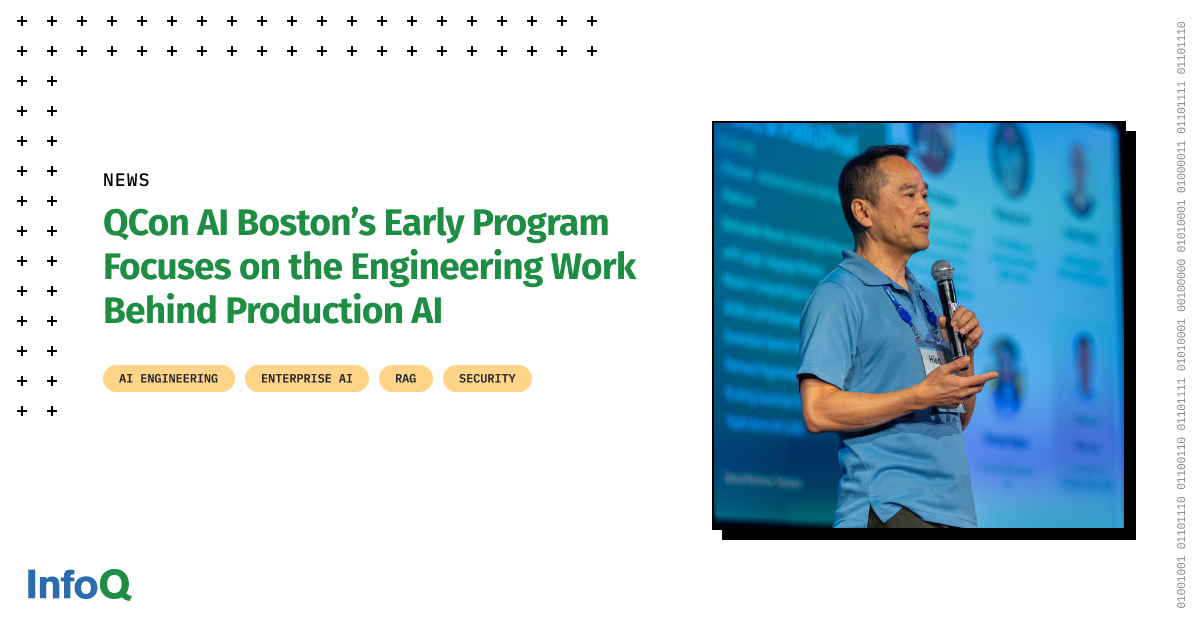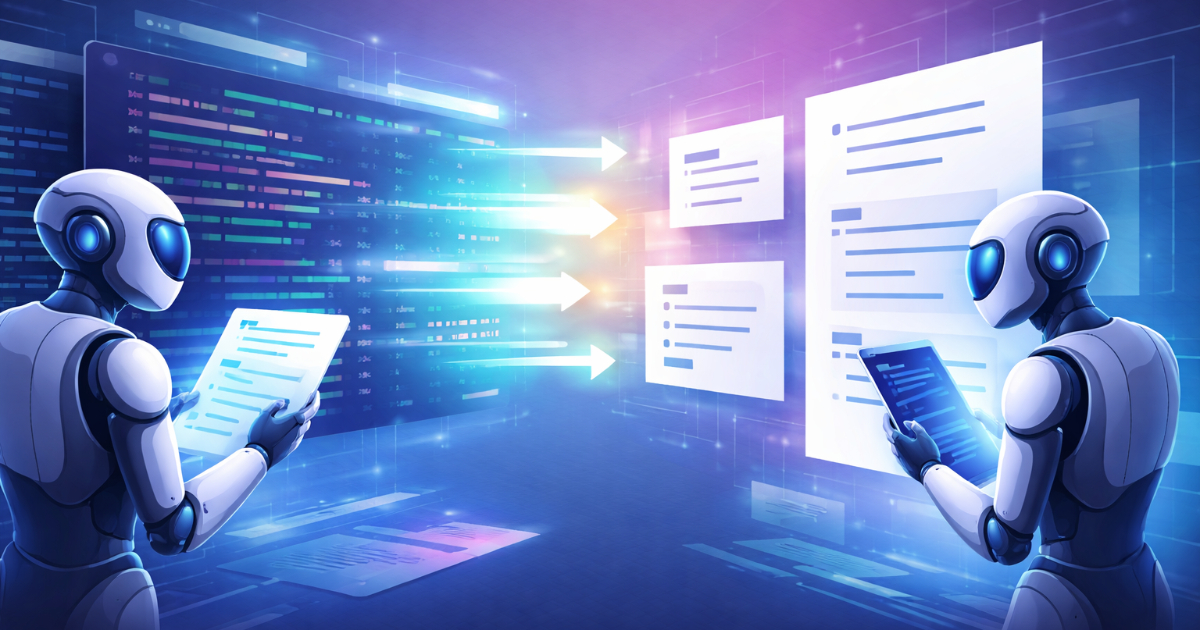Codetown
Codetown ::: a software developer's community
Hello
Just a little food for thought... If you use the new Mavrick OS on a MAC do you like it? or hate it? Why and Why not? I would like to hear how software developers feel about this.
Tags:
Replies to This Discussion
-
Permalink Reply by Michael Levin on October 25, 2013 at 6:17am
-
Jack, I haven't tried Mav yet but am excited both about it and the strategy behind it. What are your thoughts about it? I look forward to this discussion.
-
Permalink Reply by Michael Levin on November 21, 2013 at 12:53pm
-
Jack, How are your explorations into Mavrick coming along? I have a 2008 MacBookPro running 10.6.8. I'm thrilled to see that I can switch to Mavrick since 10.6.8 was the terminal OS supported by this hardware. I'm very interested to hear what you've learned ... and others here at Codetown! All the best, Michael Levin
PS - Here's a link to Mavrick's hardware req'ts: http://support.apple.com/kb/HT5842?viewlocale=en_US&locale=en_US
-
Permalink Reply by Michael Levin on April 4, 2014 at 9:30am
-
Hi Jack - I am considering loading Mavericks onto my '08 MacBook Pro. I wonder whether it will run efficiently. Any ideas? /Mike
Notes
Welcome to Codetown!
 Codetown is a social network. It's got blogs, forums, groups, personal pages and more! You might think of Codetown as a funky camper van with lots of compartments for your stuff and a great multimedia system, too! Best of all, Codetown has room for all of your friends.
Codetown is a social network. It's got blogs, forums, groups, personal pages and more! You might think of Codetown as a funky camper van with lots of compartments for your stuff and a great multimedia system, too! Best of all, Codetown has room for all of your friends.
Created by Michael Levin Dec 18, 2008 at 6:56pm. Last updated by Michael Levin May 4, 2018.
Looking for Jobs or Staff?
Check out the Codetown Jobs group.
InfoQ Reading List
Decentralizing Architectural Decisions with the Architecture Advice Process

Our system architectures have changed as technology and development practices have evolved, but the way we practice architecture hasn’t kept up. According to Andrew Harmel-Law, architecture needs to be decentralized, similar to how we have decentralized our systems. The alternative to having an architect take and communicate decisions is to “let anyone make the decisions” using the advice process.
By Ben LindersQCon AI Boston’s Early Program Focuses on the Engineering Work Behind Production AI

As teams move AI from pilots to production, the hard problems shift from demos to dependability. The first confirmed talks for QCon AI Boston (June 1–2) focus on context engineering, agent explainability, reasoning beyond basic RAG, evaluation, governance, and platform infrastructure needed to run AI reliably under real-world constraints.
By Artenisa ChatziouGitHub Data Shows AI Tools Creating "Convenience Loops" That Reshape Developer Language Choices

GitHub’s Octoverse 2025 report reveals a "convenience loop" where AI coding assistants drive language choice. TypeScript’s 66% surge to the #1 spot highlights a shift toward static typing, as types provide essential guardrails for LLMs. While Python leads in AI research, the industry is consolidating around stacks that minimize AI friction, creating a barrier for new, niche languages.
By Steef-Jan WiggersCloudflare Debuts Markdown for Agents and Content Signals to Guide AI Crawlers

Cloudflare has introduced “Markdown for Agents,” a feature that lets AI crawlers request Markdown versions of web pages. The company pairs the feature with a proposed “Content Signals” mechanism that lets publishers declare whether their content may be used for AI training, search indexing or inference.
By Matt FosterPresentation: What I Wish I Knew When I Started with Green IT

Ludi Akue discusses how the tech sector’s rising emissions impact our global climate goals. Drawing from her experience as a CTO, she explains seven key lessons for implementing Green IT. She shares insights on LCA assessments, the paradox of microservices, and why FinOps doesn’t always equal green.
By Ludi Akue
© 2026 Created by Michael Levin.
Powered by
![]()